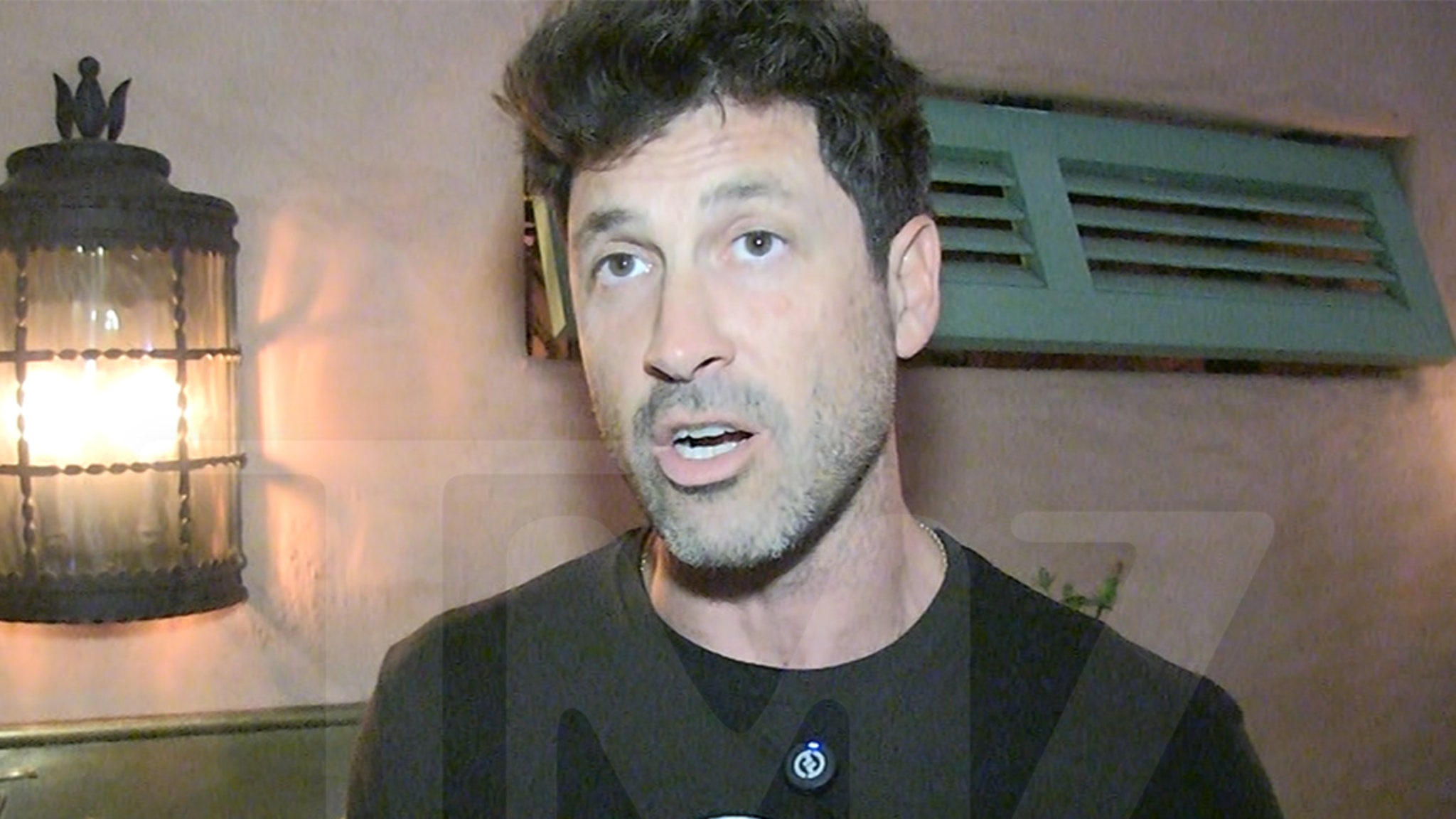Many Americans aren’t old enough to have adult memories of President Ronald Reagan. Fewer still have a personal understanding of the nature and origins of the Cold War — a great power competition between the free West, led by America, and the Soviet bloc that had both a military and an ideological component.
“Reagan,” starring a comfortably convincing Dennis Quaid in the title role, shines as a biopic and a valuable lesson in evil as an organizing principle. The genius of “Reagan” the film and Reagan the man is that both grasp the elemental nature of evil and the moral courage and clarity required to confront it if there is to be any hope of victory.
This is especially true today as history did not end with the collapse of the Soviet Union. Rather, history took a nasty turn down the bloody lane of radical Islamic terror, distracting us from a new evil, organized along Nazi lines in its lust for control on a core of racial superiority in the form of the Chinese Communist Party.
In the film, major players in Reagan’s life are a veritable who’s who of non-leftist Hollywood: Kevin Sorbo as Reagan’s childhood pastor; Robert Davi as Soviet leader Leonid Brezhnev (the prosthetic eyebrows must have weighed a pound); Nick Searcy as James Baker; and Jon Voight as old KGB analyst Viktor Petrovich.
Voight’s Russian character is essential to the telling of the story, and Voight brings everything to the effort. Voight’s analyst sees in Reagan an elemental threat to the Soviet Union, but he’s powerless to convince the sclerotic leadership of that fading empire to do anything about it. He is grudging in his admiration for his old enemy, Reagan. He serves as the film’s narrator, explaining to an up-and-coming Russian politician how Reagan brought down communism. As a plot device, it’s brilliant as it allows “Reagan” to explain the ideological struggle without sounding like a documentary.
Penelope Ann Miller, playing Nancy Reagan, absolutely nails her performance as Reagan’s leading lady, his rock and the love of his life.
Reagan frequently spoke about the dangers of communism, the Cold War’s root. On March 8, 1983, to the 41st annual convention of the National Association of Evangelicals, in a speech depicted in the film, Reagan declared:
Yes, let us pray for the salvation of all of those who live in that totalitarian darkness — pray they will discover the joy of knowing God. But until they do, let us be aware that while they preach the supremacy of the state, declare its omnipotence over individual man, and predict its eventual domination of all peoples on the Earth, they are the focus of evil in the modern world…
The speech was derided as the “Evil Empire” speech by the elites who saw the Soviet Union as merely an alternative system of government — or even a form of government to be admired, supported, and replicated. Grasping the evil essence of Moscow-led international communism is key to understanding the Cold War, and in this, “Reagan” superbly sets the stage, beginning with the opening credits. “Reagan” blends instructive history with personal drama — human weakness and failure, human hope and triumph.
“Reagan” also illuminates how conservative fusionism was vital in winning the Cold War. Libertarianism and evangelical conservatives both clearly saw the moral dimensions of communism’s threat to liberty, and both played an integral role in electing Reagan in 1980 and in building a governing coalition. In contrast, the unimaginative and bureaucratic foreign policy cadres were locked in the status quo, viewing the Soviet Union as a permanent blight to be managed via détente.
“Reagan” shows the power of the philosophy of liberty in the long twilight struggle against the Soviet Union — and how the former president had to push his own administration toward victory.
One vignette particularly stands out: Reagan’s “tear down this wall” speech in West Berlin in 1987. The key phrase almost didn’t happen, being opposed by both the State Department and the National Security Council and stricken from speechwriter Peter Robinson’s draft. But Reagan’s speechwriters, including Dana Rohrabacher, depicted in the film as simply “Dana” — who would go on to win a seat in Congress the next year and hold it for 30 years — persisted, confident in knowing the president’s mind. They gave Reagan the final copy of the speech that included the offending phrase. Then, on June 12, in a speech heard throughout the Eastern Bloc, Reagan proclaimed:
General Secretary Gorbachev, if you seek peace, if you seek prosperity for the Soviet Union and Eastern Europe, if you seek liberalization: Come here to this gate! Mr. Gorbachev, open this gate! Mr. Gorbachev, tear down this wall!
Reagan left office a year and a half later. By 1990, the Berlin Wall would come down. The next year, the Soviet Union broke apart.
The fusionism forged in the Cold War shattered in the long struggle against Islamic terror. Federal power grew dangerously oppressive in the name of safety while, misreading the threat and its nature, a titanic but futile effort was made to remake Afghanistan, Iraq, and much of the Middle East into bastions of democracy and freedom. But unlike the nuclear-armed Soviet Union — which, at the height of its economic power versus the U.S., had an economy about 55 percent that of America’s with a population about 17 percent larger — Islamists, unequipped with industry or science, never presented a true existential threat. Thus, the erosion of liberty at home was resented by many in the old coalition as unnecessary, while the effort abroad was assessed as a foolish waste of men and money.
Faith is another aspect of the West’s Cold War victory over officially atheistic Soviet communism. “Reagan” shows that in sometimes subtle ways. We first see it in Reagan’s childhood, as his mother perseveres in the face of his father’s alcoholism. We see it again when an evangelical pastor prophesies in a small group that then-Gov. Reagan would someday reside in the White House. Then, after Reagan is shot months into his presidency, we see Democratic Speaker of the House Tip O’Neill visit Reagan at the hospital, rosary in hand, as both men recite Psalm 23:4 together — Reagan having just traversed the valley of the shadow of death.
Reagan’s cadres are passing into history. Of the named roles in the film, Mikhail Gorbachev, the last leader of the Soviet Union, died two years ago at 91 with Secretary of State George Shultz passing at 100 in 2021. Former Attorney General Edwin Meese is still active at 92. Dana Rohrabacher is 77.
Thus, “Reagan” serves to mark history and inspire a new generation to rise and meet a new and deadly threat in the Chinese Communist Party (CCP). The CCP lacks the ideological command of its progenitor but is far wealthier as it works to anesthetize Americans figuratively, via tools such as TikTok, and literally, with fentanyl, which poisons about 100,000 Americans annually. Defeating the CCP will require our generation’s own Reagan — should we be so blessed.
Chuck DeVore is chief national initiatives officer at the Texas Public Policy Foundation, a former California legislator, and a retired U.S. Army lieutenant colonel. He's the author of “The Crisis of the House Never United—A Novel of Early America.”

 By The Federalist (Entertainment) | Created at 2024-10-29 18:16:33 | Updated at 2024-10-30 03:31:27
1 month ago
By The Federalist (Entertainment) | Created at 2024-10-29 18:16:33 | Updated at 2024-10-30 03:31:27
1 month ago



